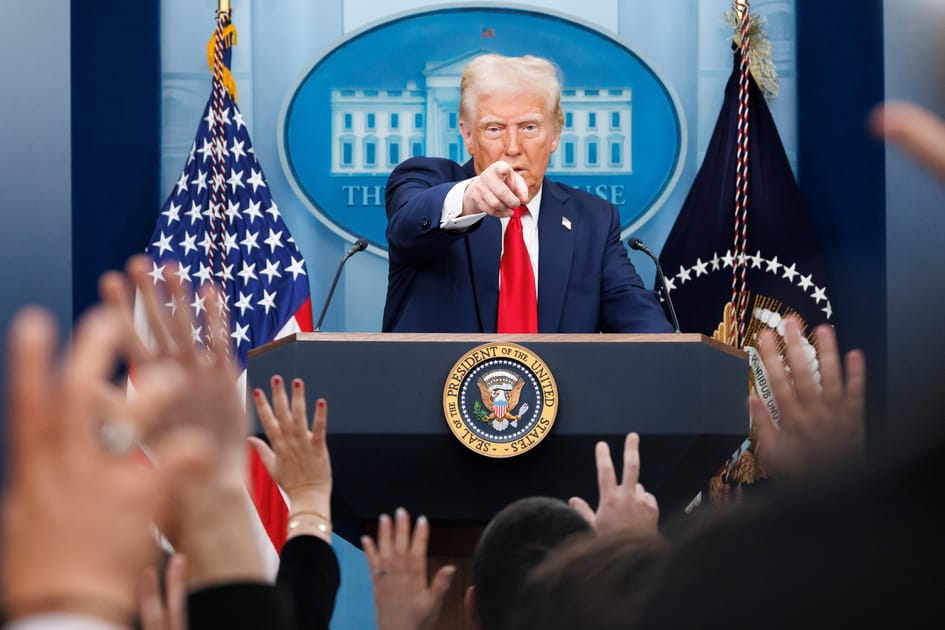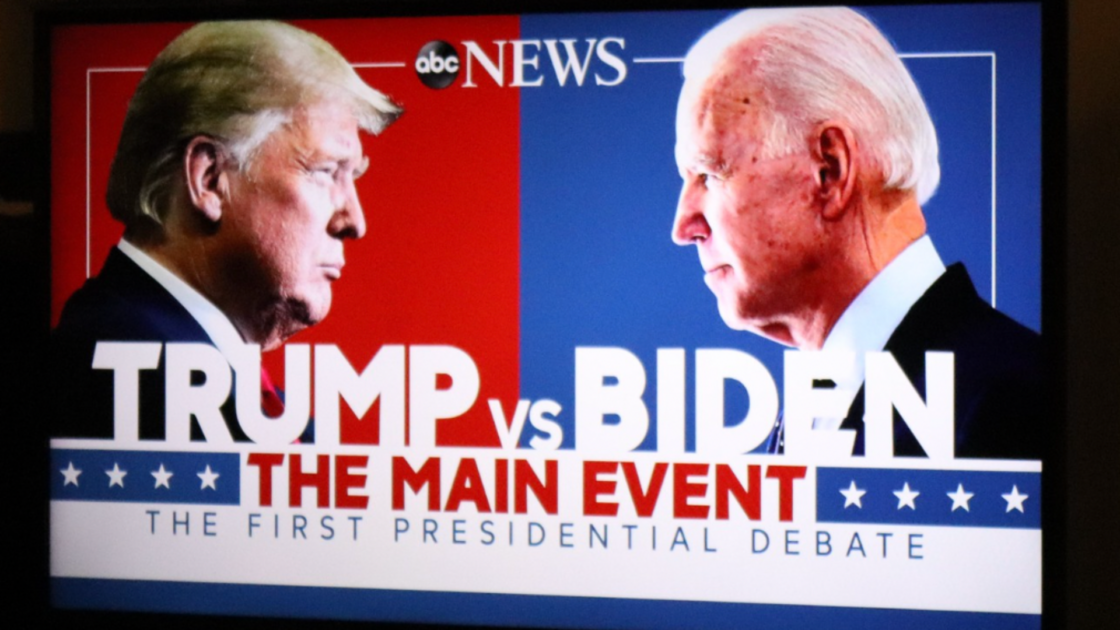In his article “Unintended Consequences,” Rob Norton begins with this definition: “The law of unintended consequences, often cited but rarely defined, is that actions of people—and especially of governments—always have effects that are unanticipated or unintended.”
Social scientists, especially economists, frequently find evidence of unintended consequences in political decisions. Norton cites several instances, including that of Social Security. The intended consequence of that government program was to help assuage poverty among senior citizens. Because a good number of Americans now count on receiving Social Security in their old age, however, they set aside less for their retirement, which means “that less savings are available, less investment takes place, and the economy and wages grow more slowly than they would without Social Security.”
Usually, “unintended consequences” come with negative connotations, perhaps best summed up by the adage “The road to hell is paved with good intentions.” Yet history and personal experience teach an opposite lesson as well: The consequences of what are originally perceived as missed opportunities and outright failures may blossom and flower into success.
The early lives of two historical figures, George Washington and Winston Churchill, serve as excellent examples of this phenomenon of unintended consequences or, as it might be more happily put, unexpected results.
Washington’s Regrets
Of the first six presidents, four Virginians and two Massachusetts men, five received an excellent education in both the classics and the law. John Adams and his son John Quincy, Thomas Jefferson, James Madison, and James Monroe all attended college, and all studied the law. Of these presidents, George Washington (1732–1799) alone lacked this higher education.
His two older half-brothers, Lawrence and Augustine, received a classical education, having been sent across the Atlantic to England’s Appleby Grammar School. But when Washington was 11, his father died, and the family’s financial circumstances denied him that luxury. Instead, tutors and perhaps a local school in nearby Fredericksburg provided Washington’s formal academic studies.
For the rest of his life, he rued his lack of an education equivalent to that claimed by men like John Adams and Thomas Jefferson.
A Different Sort of Education
But Washington’s formative years colluded to bring him other gifts. In his mid-teens, he copied out the 110 dictums found in “The Rules of Civility and Decent Behaviour,” a code of conduct that exerted a lifelong influence on him. Moreover, with the encouragement of Lord Fairfax, his brother Lawrence’s father-in-law, he studied William Leybourn’s 1657 treatise “The Compleat Surveyor” and by 1749 had become a professional in that field. His surveying work took him as a teenager to the frontier of Virginia, principally the Shenandoah Valley, where he learned lessons no classroom could duplicate.
When in 1753 Virginia’s Gov. Robert Dinwiddie decided to send an expedition into territory then claimed by Virginia and now a part of Pennsylvania, protesting the construction of a French fort, George Washington stepped up to carry that message. He spoke no French and lacked military experience, but his time on the frontier counted heavily in his favor, and he and a companion made the trek now known as the Allegheny Expedition.
A short time later, with that experience in his favor, Washington served as an officer with the British in the French and Indian War, which further molded the man who would become commander-in-chief of the Continental Army during the Revolutionary War.
Washington’s disappointment over his education is a superb example of unexpected results. Had he attended a college like William and Mary, he might have gained national prominence, but the road he followed instead shaped the commander who won the Revolutionary War and then the presidency.
The Wastrel
Like Washington, Winston Churchill (1874–1965) in his youth traveled a road that contributed to some astonishing results.
Both Churchill’s aristocratic father, Lord Randolph, and his mother, the American Jennie Jerome, regarded their son as a trial rather than a joy. Lord Randolph was frequently absent from home, and his comments to his son, both spoken and written, were often acerbic. He was particularly critical of his son’s academic achievements. When Churchill was accepted by the Sandhurst military college, for instance, he waited for congratulations from his father but instead received a letter full of recriminations. Here’s a sample from that letter:
“You should be ashamed of your slovenly, happy-go-lucky, harum, scarum style of work. … I no longer attach the slightest weight to anything you may say. … If you cannot prevent yourself from leading the idle, useless, unprofitable life you have had during your school days … you will become a mere social wastrel, one of the hundreds of public school failures, and you will degenerate into a shabby, unhappy and futile existence. … You will have to bear all the blame for such misfortunes. … Your mother sends her love.”
With her marriage to Randolph on the rocks and with two failed marriages in her future, Jennie Churchill was also often absent from home and from Winston’s life. Several times, he wrote to her from school, begging for a visit, but to little avail. Though later in life Jennie boosted her son’s career by means of her connections, she, too, was critical of the boy who would one day become prime minister of Great Britain during its fight for survival. In 1890, she wrote to him of his schooling:
“I had built up such hopes about you and felt so proud of you—and now all is gone … your work is an insult to your intelligence. If you would only trace out a plan of action for yourself and carry it out and be determined to do so—I am sure you could accomplish anything you wished.”
Honing a Future
With such fault-finding parents, we might expect failure woven into the son’s future.
Yet Churchill’s childhood and youth prepared him for the challenges to come. For one, his parents were indeed absent much of the time, which, given their personalities, may have worked out better for him. He also had a mother figure and counselor in the person of Elizabeth Everest, “Old Woom” as he called her. His loving nanny became a best friend in his adulthood. Although he spent a good deal of time alone, his games with his toy soldiers spurred his infatuation with military life.
In their criticism, his parents overlooked Churchill’s talents, particularly in writing and oratory. Of one teacher, Robert Somervell, who taught grammar and composition at Harrow School, Churchill later noted: “Thus, I got into my bones the essential structure of the ordinary British sentence—which is a noble thing.” For one of the school’s competitions, he memorized and recited 1,200 lines from Thomas Babington Macaulay’s poem “Lays of Ancient Rome.” He reveled in the activities of the Harrow Rifle Corps, which performed drills and mock battles, and in 1892 won the Public Schools Championship for his abilities in such areas as riflery, horsemanship, and fencing.
All these emerging talents molded the man he became. For much of his life, he supported himself as a journalist. His valor in the Boer War, including a daring escape from a prison camp, made his name a household word in England. Newsman Edward R. Murrow said of Churchill’s World War II speeches that “he mobilized the English language and sent it into battle.” And in 1953 he received the Nobel Prize in Literature “for his mastery of historical and biographical description as well as for brilliant oratory in defending exalted human values.”
The rise to fame of some other figures throughout history, men and women like Abraham Lincoln and Ulysses Grant, T.E. Lawrence, and Margaret Thatcher, surely stunned their childhood contemporaries. Only in retrospect did anyone see that those early years had equipped them with the tools to rise up and face the challenges before them. Call it fate, call it destiny, call it God or chance—whatever the cause, the pursuits of youth, so often disdained by others or regretted by themselves, generated unexpected results.
What arts and culture topics would you like us to cover? Please email ideas or feedback to [email protected]
If you found this article interesting, please consider supporting traditional journalism
Our first edition was published 25 years ago from a basement in Atlanta. Today, The Epoch Times brings fact-based, award-winning journalism to millions of Americans.
Our journalists have been threatened, arrested, and assaulted, but our commitment to independent journalism has never wavered. This year marks our 25th year of independent reporting, free from corporate and political influence.
That’s why you’re invited to a limited-time introductory offer — just $1 per week — so you can join millions already celebrating independent news.
















